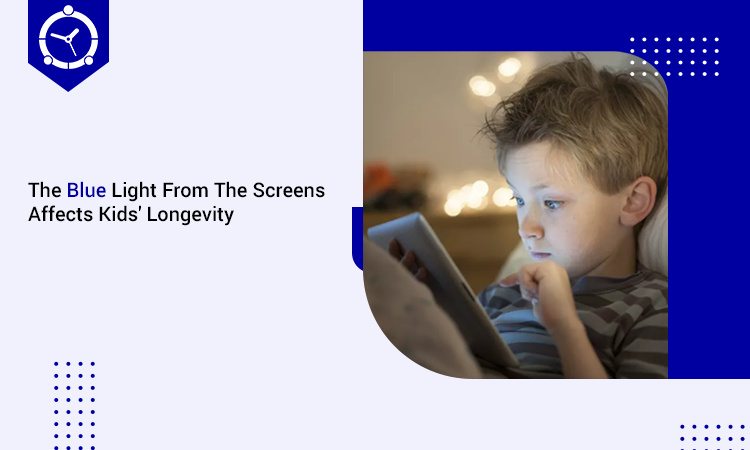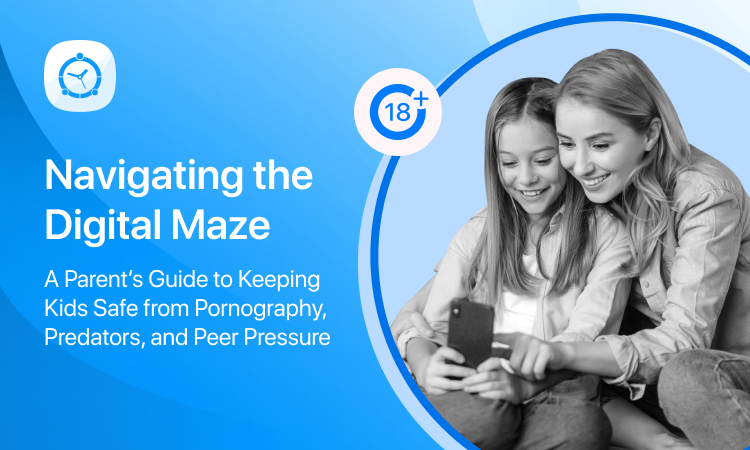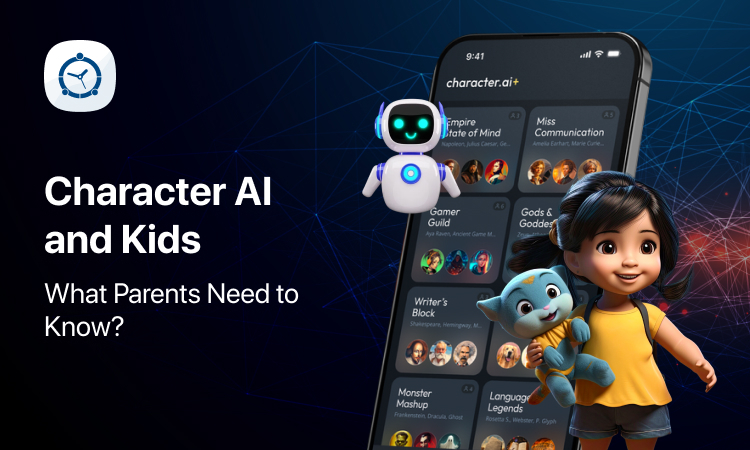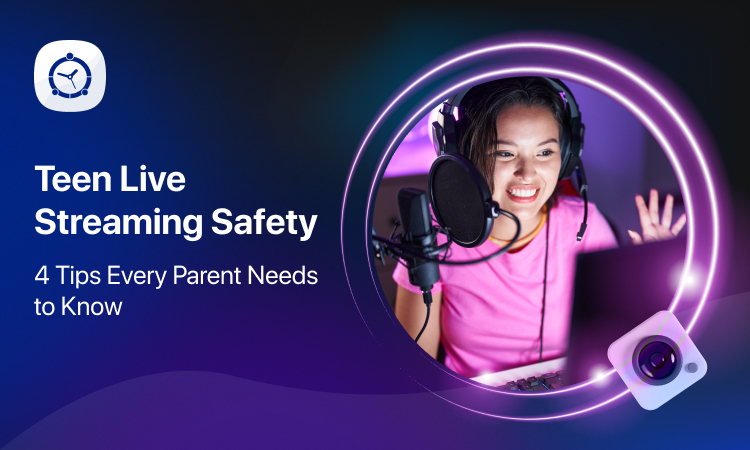In recent years there has been some controversy regarding the blue light emitted by computer, mobile, and tablet screens and their adverse effects. The appearance of these devices has caused us to receive a much larger amount of this light than normal and at times of day to which the human eye was not accustomed, especially at night.
Spending so many hours in front of these devices results in prolonged exposure that some scientific studies have defined as harmful to the eyes. However, there has not been much extensive research, and the results so far have been controversial, as prestigious ophthalmologists have ruled out that the damage to vision is due to this particular light, but to the number of hours we spend looking at a screen without rest, regardless of the type of light, it emits.
The fact is that now a new study has come to discover a surprising fact. The blue light on the screens could be affecting people’s longevity, especially among kids. The research has been conducted by experts at Oregon State University and concludes that the blue wavelengths produced by light-emitting diodes damage brain cells and retinas.
The study has been published in Aging and Disease Mechanisms and, as collected, is the result of a study conducted with the common fruit fly, an insect that shares many cellular mechanisms with humans. The scientists examined how flies responded to 12-hour daily exposures to blue LED light, similar to the blue wavelength prevalent on devices such as phones and tablets. The conclusions were clear: it accelerates aging.
The research
Flies subjected to daily cycles of 12 hours in the light and 12 hours in the dark had shorter lives compared to flies kept in total darkness or those kept in the light with filtered blue wavelengths such as those we receive from the sun. Likewise, flies exposed to blue light showed damage to retinal cells and brain neurons and had an alteration in the musculoskeletal system: it decreased their ability to climb walls.
The funny thing is that some of the insects that were used for the study had no eyes and still developed brain damage and locomotion problems, suggesting that exposure to light should not be directly through the eyes to produce the harmful effects.
As noted by researchers who have been part of the study, natural light is crucial for maintaining the body’s circadian rhythm, i.e., the 24-hour cycle of physiological processes that follows our body and determines, among other things aspects, hormone production and cell regeneration, as well as feeding and sleep patterns.
This research adds further evidence to the thesis that greater exposure to artificial light is a risk factor for sleep and circadian rhythm disorders, as had been discovered in other studies. And with the frequent use of LED lighting and device screens, people are exposed to a type of light that has not been used enough in history to know its long-term effects.
In any case, and at the moment you can not do without all these devices, the best option is to limit screen time and follow the rule of 20/20/20. This means that for every 20 minutes spent looking at a screen, change the look to another object that is 20 steps away from oneself for 20 seconds. And for implementing screen time limits, you can take the assistance of the FamilyTime app. The app helps parents control their kids’ screen use and determine what is good for them. This way, you as parents can ensure your kids’ wellbeing.








